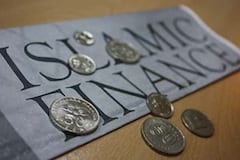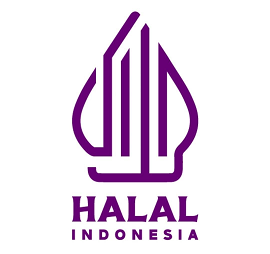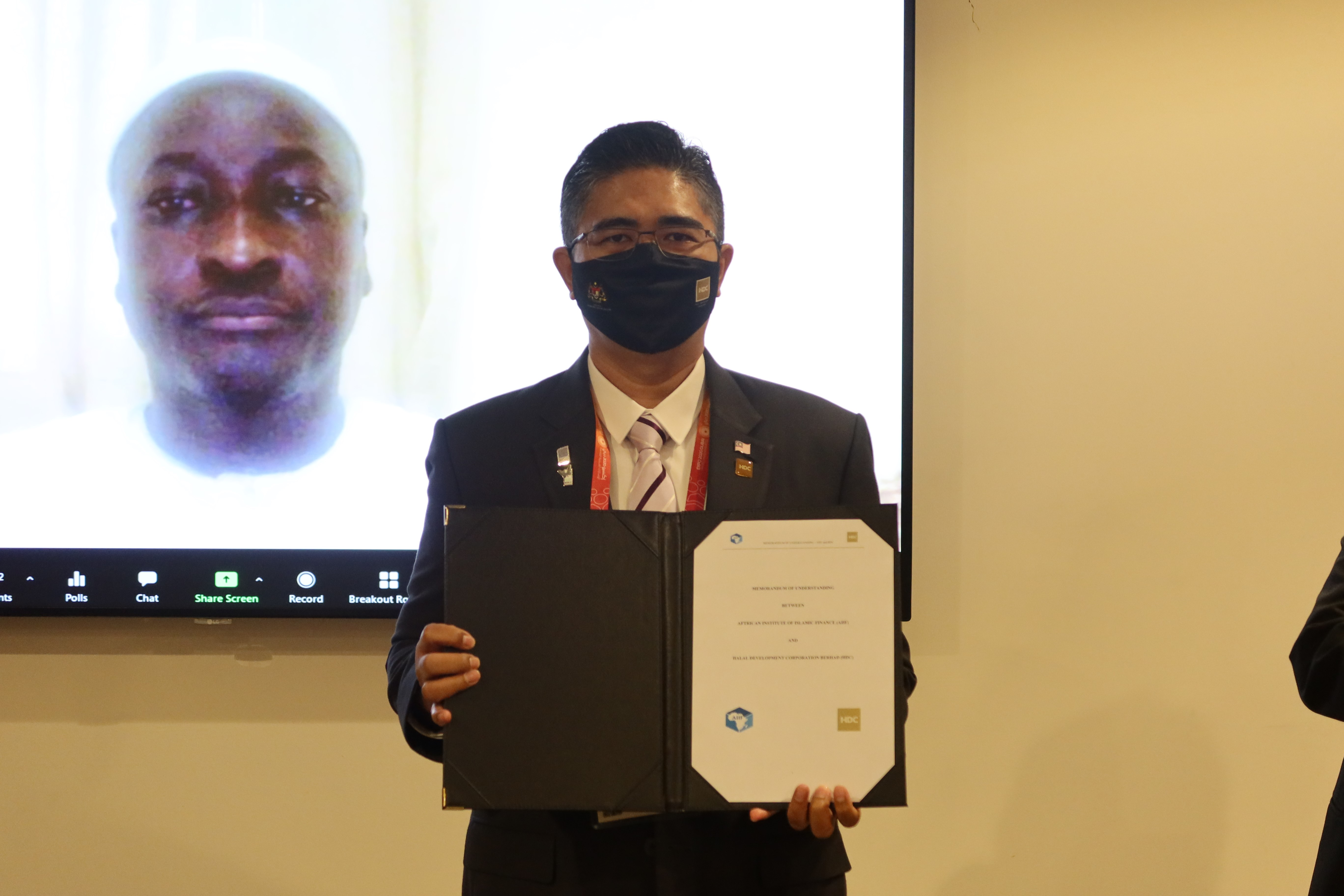By Rushdi Siddiqui (Participation Finance/BANKING) / 30 December 2012
I wanted to share with the readers a sample of questions posed to me during the last few years of travel in Europe, GCC and Asean countries.
 The questions give insights into the ‘mindsets of the landscape’ and kaleidoscope of concerns in connecting to the young, understanding the spirit and perception of Islamic finance, innovation that results inclusion of the non-bankable, etc.
The questions give insights into the ‘mindsets of the landscape’ and kaleidoscope of concerns in connecting to the young, understanding the spirit and perception of Islamic finance, innovation that results inclusion of the non-bankable, etc.
Missed ‘connectivity’
Why aren’t more Islamic financial institutions sponsoring events that connect them to the young people, next generation of clients and employees, like sporting events in Muslim countries (badminton, football or cricket) or concerts like Sami Yusuf, whose lyrics are about Islamic values?
Why don’t Islamic finance conference awards sponsors include categories like: (1) Most admired Islamic financial institution; (2) Most respected Islamic financial institution; (3) Most ESG, environment, social and governance, conscious Islamic financial institution? These awards attract the best young talent and build bridges to the non-Islamic community.
Are Islamic banks and funds focusing too much on Shariah and less on the value proposition? It seems many institutions use their Shariah Board members, be it in their marketing materials or public presentations, too prominently to pitch the product sale rather than the merits of the product. I suspect scholars do not want to be positioned or viewed as part of the marketing materials.
There are many Islamic funds, about 560 plus (Lipper), but not one has a ‘green’ mandate, meaning companies that pass screening from Shariah and ESG, environment, sustainability and governance, why?
Why are exchanges where sukuk are listed, always pitching the total number of listings and total size listed, when the real issue is secondary market liquidity that attracts additional liquidity? Have any Fortune 500 companies issued a sukuk after GE?
Fees for innovation
Will Islamic finance have ‘proprietary trading’ in the near future as more instruments come into the market place? An ‘Islamic Goldman Sachs,’ where trading profits contribute much to its bottom-line? Is this innovation or catering to higher fee margin producing HNW money?
Innovation may imply increasing efficiency, new products or financial inclusion of the disenfranchised. The FT recently stated that only 12 per cent of 1.6 billion Muslims use Islamic finance, or 192 million Muslims, its a number I place with those who cheerlead Islamic finance. The actual number is close to two-four per cent, and actually Halal foods are ‘used’ by a larger percentage of Muslims, more than 12 per cent, then Islamic finance.
What are the lessons for the $640 billion Halal industry from the $1 trillion Islamic finance industry from establishing industry bodies, like AAOIFI, IFSB and the recently launched IILM? The Halal industry is even more fragmented with territorial issues on the certification process than Islamic finance is on standardisation.
A ‘Big Mac Index’ was published by The Economist (1986) as an informal way of measuring the purchasing power parity (PPP) between two currencies, and it gave rise to the word ‘burgernomics.’ Put differently, its the amount of time that an average worker in a given country must work to earn enough to buy a Big Mac.
Should the Halal industry look to produce a similar index.
Is Takaful, Islamic ‘insurance,’ being used or positioned to mitigate risk in Islamic investing (Islamic hedge funds), transactions and structures, like sukuk issuance, hence, lowering the Islamic cost of capital? Or, is the Takaful industry not well developed to ‘insure’ complicated structures and projects?
How come no Islamic financial institutions in Saudi Arabia and Turkey have ‘Islamic’ in their title name, which is commonly found in the UAE, Qatar, Bahrain, Malaysia, and even UK, European Islamic Investment Bank and Islamic Bank of Britain?
Why are the same people from same institution in Islamic finance interviewed by western media? Its gives the impression that Islamic finance has very few qualified people to speak on topics, developments, events, etc.
If authorities eventually decided to include Islamic finance into the mainstream education, where would it fit: Religious studies or finance/economics?
How come there are no Malaysian founding shareholders in any of the five FSA approved banks in the UK, yet there are many travelling Malaysian delegations and sponsored events taking place there, and a number of Malaysian Islamic financial institutions have won Euromoney Islamic finance awards?
Conclusion
The perception or myth of Islamic finance needs to be addressed? When will people understand that it’s not only for Muslims? Would it take a non-Muslim scholar to break this image/perception of Islamic Finance?
Today’s perception of Islamic finance is tomorrow’s reality, and the industry need to change tomorrow’s reality today.
The writer is Global Head of Islamic Finance & OIC Countries for Thomson Reuters. Views expressed by the author are his own and do not reflect the newspaper’s policy



